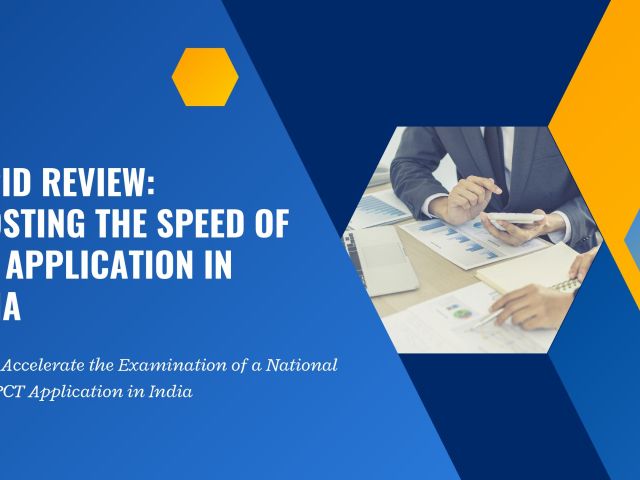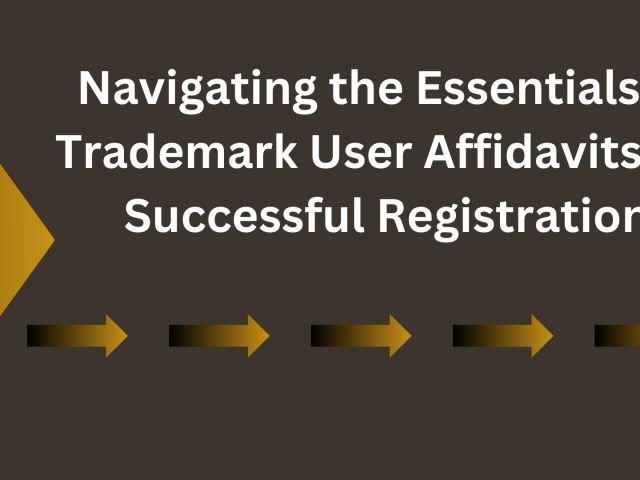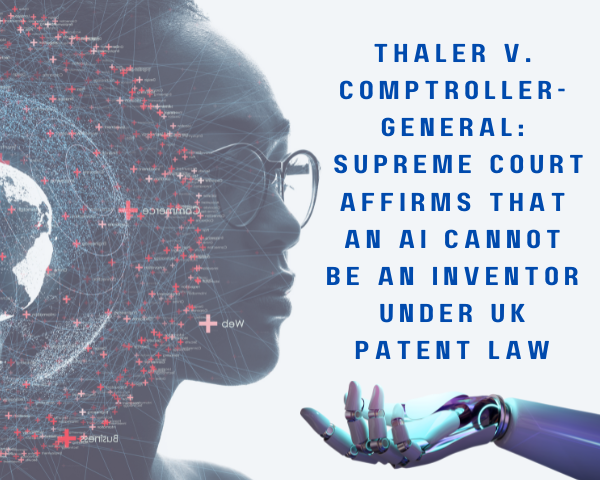Chapter VII (Sections 35 to 42) of the Indian Patents Act, 1970 deals with the provisions related to secrecy of specific inventions.
In Section 35, secrecy provisions relating to inventions relevant for defense purposes are mentioned. It mentions that the Controller may direct the prohibition or restriction on publication of an application for an invention described to defense. (Sec 35(1)) The Controller may then notify such direction to the government, and the government may decide on revocation/maintenance of that invention. (Sec 35(2)) The government may further direct the Controller to prohibit/restrict publication of any specification if it is considered as being relevant to the defense.
The provisions mentioned under Sec 35 are as follows:
- Secrecy directions relating to inventions relevant for defense purposes-
(1) Where, in respect of an application made before or after the commencement of this Act for a patent, it appears to the Controller that the invention is one of a class notified to him by the Central Government as relevant for defense purposes, or, where otherwise the invention appears to him to be so concerned, he may give directions for prohibiting or restricting the publication of information concerning the invention or the communication of such information to any person or class of persons specified in the guidelines.
(2) Where the Controller gives any such instructions as are referred to in sub-section (1), he shall give notice of the application and the directions to the Central Government. The Central Government shall, upon receipt of such notice, consider whether the publication of the invention would be prejudicial to the defense of India and if upon such consideration, it appears to it that the publication of the invention would not so prejudice, give notice to the Controller to that effect, who shall thereupon revoke the directions and notify the applicant accordingly.
(3) Without prejudice to the provisions contained in sub-section (1), where the Central Government believes that an invention in respect of which the Controller his not given any directions under sub-section (1), is relevant for defense purposes, it may at any time before acceptance of the complete specification notify the Controller to that effect. Thereupon the provisions of that subsection shall apply as if the invention were one of the classes notified by the Central Government. Accordingly, the Controller shall give notice to the Central Government of the directions issued by him.
For the duration, the secrecy directions are applicable, a patent may not be granted, and details of the invention may not be publicly disclosed. There is no appeal available to the applicant from an order under this chapter, and all orders by the Central govt shall be final and abiding and may not be called into question in any court of law.
It is important to note here that it is possible under PCT and Paris convention that Indian residents may file a patent application in foreign countries even before filing their patent applications in India but need to get the foreign filing license from the Controller. Sec 39 of the Indian Patents Act (which deals with residents not to apply outside India without permission) protects against this possibility and makes sure that the Controller gets sufficient information about all inventions before an application may be made outside India.
Violation of directions under Sec 39 attracts civil liabilities under Sec 40 of the Act. More significantly violations of guidelines under Sec 39 also attracts criminal obligations under Sec 118 of the Act, in which the term of imprisonment may extend to 2 years or a monetary fine imposed on the inventor, in addition to abandonment of the patent application or revocation of the patent even if it is already granted.




